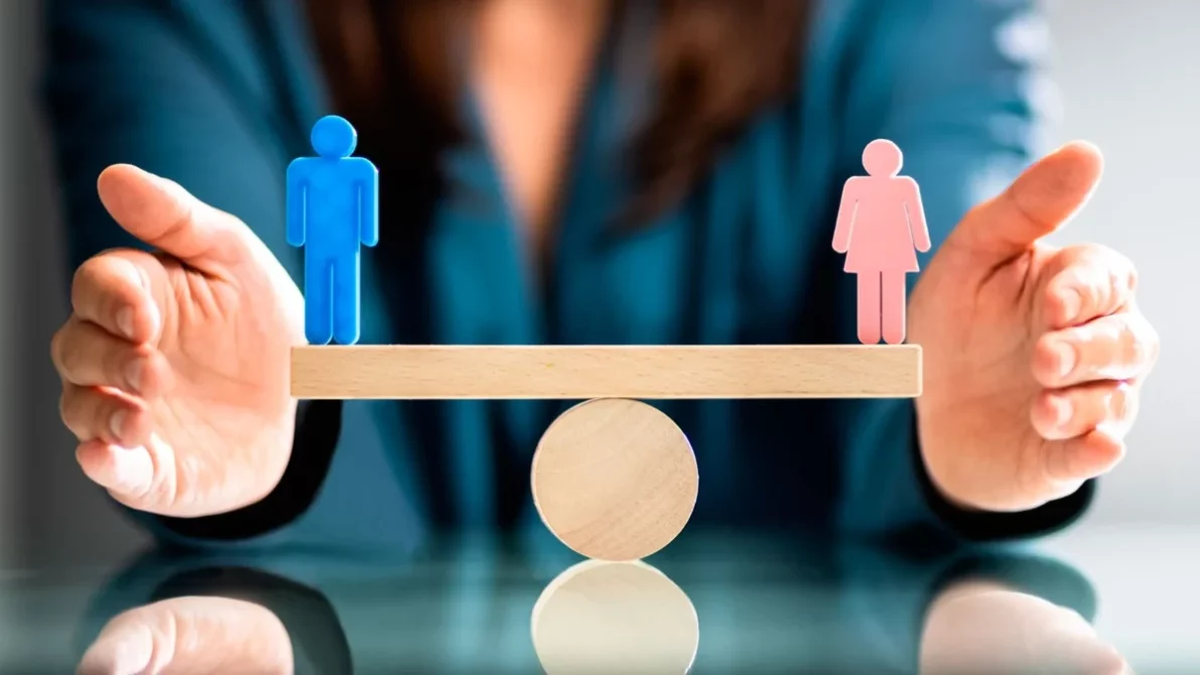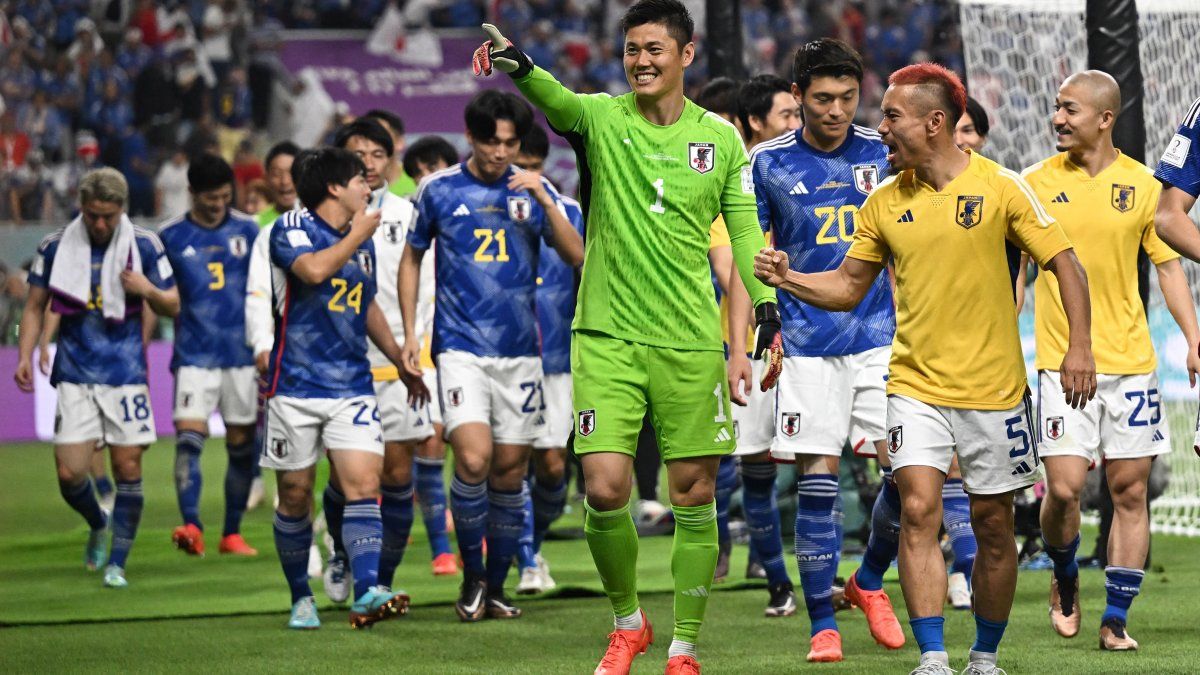Uruguay shrink your gender gap, but it still has sectors in which equality, in principle, of opportunities, is a pending resolution. The policy It is one of those sectors, so the parity has become one of the themes of this 8Mbased on the parliamentary promotion of a law on the matter, together with a study carried out by UN Women and Consulting Team.
In 2018, the diagnosis already indicated the difficulties that Uruguayan democracy consolidated had to achieve a true equality between men and women at the political level, very marked by traditionality despite being the country in the region “that granted the earliest political rights to women, without any type of restriction.”
Almost six years later, the scenario has changed little, according to UN Women, and the Quota Law has not represented the transformation necessary to Uruguay which currently occupies 96th place in the global ranking of the Inter-Parliamentary Union (IPU) Index, which measures the political representation of women. Far behind other countries in the region such as Chili (46), Costa Rica (8) or Mexico (4).
Uruguay has one of the parliaments with the lowest female participation, with only 23% of the seats occupied by women. And it is enough to look at the electoral scenario for this year’s presidential race to notice that the female absence extends to the highest positions in local politics: of the 18 confirmed pre-candidacies, only four are headed by women, two by the National Party —Laura Raffo and Roxana Corbran—, one for him Broad Front —Carolina Cosse— and one for him Colorado Party—Carolina Ache.
Towards a parity democracy
According to UN Women, “experience shows that the main obstacle to the advancement of parity is the internal political parties”.
This was even confirmed by comments from the president Luis Lacalle Pou that, although he assured that questioning whether the country is prepared for a female president is “very old,” he recognized that the National Party has a political career “of leadership, more leader At the interior level, the woman arrives at a place and then finds it difficult to make that leap” to places of internal importance.
“There are decisions that are made at the bar over a barbecue and generally those meetings are men’s meetings“said the president, giving an account of a situation that not only continues to happen in current politics, but is even accepted and reproduced by some party structures.
For this reason, and with the aim of implementing additional measures that begin to build true equality between men and women in the political arena, the Senate Human Rights and Gender Equality Commission has been discussing a parity bill since March 2021 that was presented by the senator Gloria Rodriguez, of the National Party. The initiative seeks to go beyond quotas, a mechanism that has not guaranteed that women occupy more spaces on the lists and less that they lead them.
Likewise, Consulting Teams carried out, together with UN Women, a study to survey the public opinion regarding this bill. One of the main conclusions confirms that resistance to gender equality is typical of the political system, since 47% of those surveyed considered that Uruguay should go towards a parity law.
This figure represented an increase compared to 2021, when only 38% gave a positive opinion; and it is an even bigger improvement compared to 2016, when support was just 35%.
In the same sense, the study found that 64% of the people surveyed believe that there should be more women legislators, realizing that society is prepared to move towards gender equality in politics, hindered by traditional party structures—along with other factors linked to general gender gaps such as division of roles at home and motherhood.
Along these lines, the respondents were also consulted about the reasons behind the underrepresentation of women in politics: 44% thought that it has to do with the fact that women “are more discriminated against in the political system”; 27% pointed out the difficulty of “combining political life and family responsibilities”; and 17% considered that “women are less interested in politics than men.”
Source: Ambito




